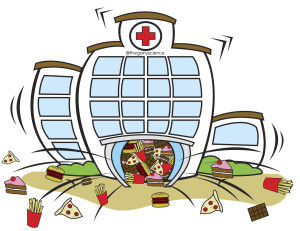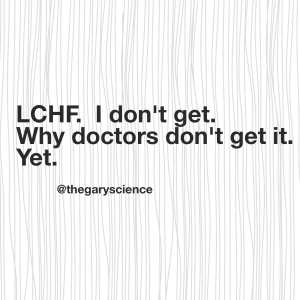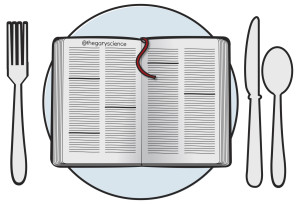How do statins create their side effects?
Statins provide only a small benefit of reducing your risk of dying from a heart attack if you have had a previous heart attack but they come at a cost. And that cost looks to be increasing. There is now increasing evidence of increased risks of diabetes, cancer, dementia, cataracts and musculoskeletal pain for those taking statin drugs.
Anything that reduces cholesterol production has far reaching consequences. Cholesterol is an integral part of our cell membranes, it holds us together. It makes up nearly 20% of our brains and it is integral to hormone production. If we keep affecting the building blocks of our cells then we have the potential to affect our long term health.
Most of the statin trials have been short term and tend to skip over the side effects. The benefits of reduction of risk sound a lot better when the drug companies push the relative risk reductions of these drugs rather than the actual numbers. A 1% absolute reduction from 3% doesn’t sound nearly as impressive as a 33% relative risk reduction. Guess what the drug companies push? It’s just statistics but… it’s also marketing. The long term studies are starting to look dubious when it comes to side effects. This just released paper looks at how that ‘collateral’ damage is occurring.
“The risks of statin use are associated with statins’ negative effects on stem cell function, according to the researchers. Statin therapy benefits individuals with atherosclerosis, but because of its effects on stem cells, it may not be appropriate as a preventive measure for those who do not have cardiovascular disease.”
The other more effective option is lifestyle changes – diet and exercise. That can reduce your risk of cardiovascular disease by factors of 40% plus in some papers. The literature is hard to pin down on those figures but virtually every paper puts diet, exercise, weight loss and cessation of smoking at the top of the list. Unfortunately for the individual that means some responsibility, some effort and some changes. But those changes are infinitely more effective than taking a tablet.
Those lifestyle improvements will not just help your heart, they have far reaching benefits across all diseases.
A Lowering of your sugar and Carbohydrate intake and replacing it with the right amount of Healthy Fats (LCHF) is an effective lifestyle choice. I can’t work out why the medical profession is taking so long to work this out – to ‘get it’.
I honestly believe that with the right dietary changes many people could reduce their medications and particularly statins. Having the right blood investigations at the beginning – a Lipid Subfraction Analysis is the only true test reflecting your lipid profile.
There is no way that I would start a statin drug until I have that test. Find out exactly what the particle numbers are before starting a lifelong intake of a drug that may not be quite as good as the drug companies tell us. Please have this discussion with your doctor – and hopefully they ‘get it’.
Come and ‘get it’ at our Choose Health forum next month. More importantly, drag your doctor along to ‘get it’ at http://www.eventbrite.com.au/o/nutrition-for-life-7299741993
More on cholesterol testing and the Lipid Subfraction Analysis at http://www.nofructose.com/introduction/cholesterol-testing/
http://www.newswise.com/…/new-research-shows-why-statins-sh…
The articles and the references at http://www.nofructose.com/?p=3008
https://www.facebook.com/393958287365295/photos/a.407869679307489.94446.393958287365295/879077048853414/?type=3
 The Tasmanian State hospital system is failing – might as well throw in the Australian one as well.
The Tasmanian State hospital system is failing – might as well throw in the Australian one as well.







